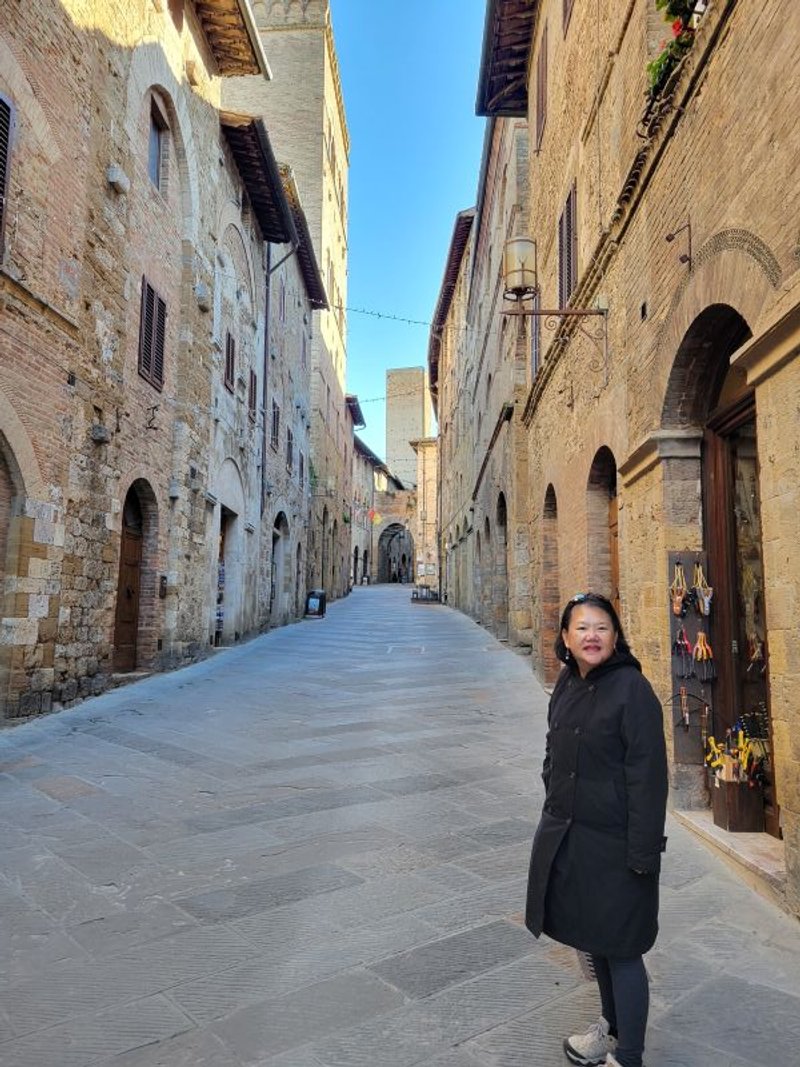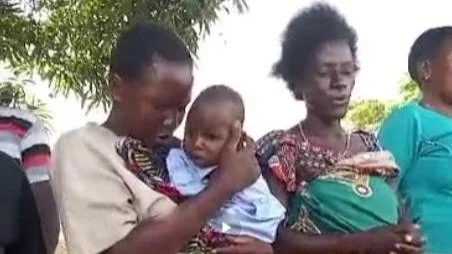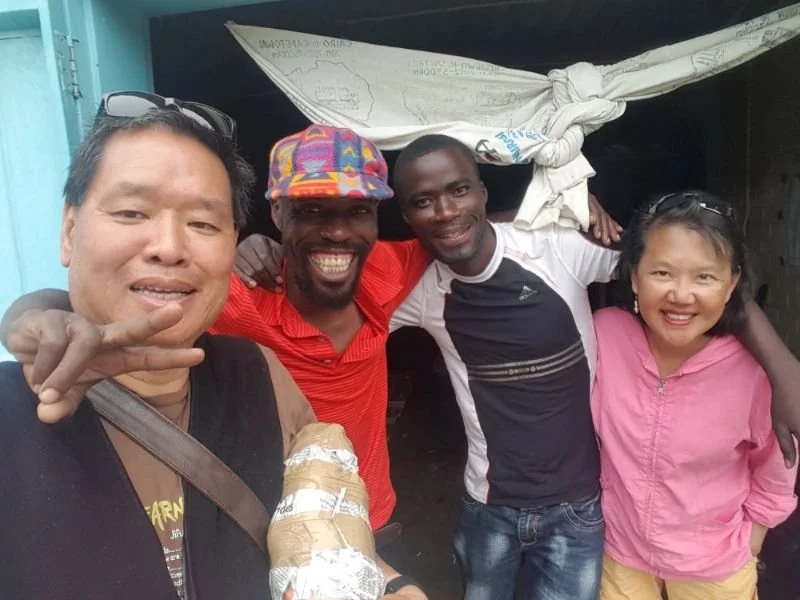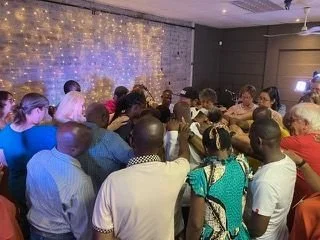Ministers of Reconciliation
Photo by Clay Banks via Unsplash
Treat Each Other Graciously and Generously
One of the family values in the Ferguson house is forgiveness. When living with a 3-year-old and a 6-year-old in 80ish square meters, it became apparent very early on that we would need a lot of coaching in this area! When we first moved to Germany, we decided on four family values, and it is not a coincidence that forgiveness is on the top of the list.
At first, it looked very simple. We started by coaching our children to forgive as a reaction to an offense; e.g., someone took toys without asking, or someone was accidentally hurt, or someone broke a beloved possession, etc. After every offense, there is an apology, and a new way to play is found. But as our children have grown older, we’re no longer just modeling forgiveness as a reaction. We’re teaching our children to anticipate how someone might feel before we do something! To my 3-year-old, this apparently feels a little like trying to divine the future, but it’s a necessary skill to live in peace with a fellow sister, brother, mom, or dad.
But even as an adult, I still struggle to first anticipate the feelings of my fellow sister or brother before I act. I judge the other person and assume their motivations and don’t give second chances. Like my children, I sometimes only forgive as a reaction, rather than adopt it as my attitude before I act. And unlike my children, I’ve had so much more experience at trying! It’s a hard lesson to learn.
And now that we work on an international team of people in Europe, this has an added level of complication: We are increasingly aware of all the differences in culture that make communication, cooperation, and collaboration difficult. I have to draw from the well of grace and mercy often. And that is good! There is nothing that pleases the Father more than seeing his children getting along together.
So how do I make forgiveness not just a reaction to my mistakes but an active part of my everyday life? It starts with adopting a new point of view. I look to the Bible for help. In 2 Corinthians 5:16, it says:
“So from now on we regard no one from a worldly point of view. Though we once regarded Christ in this way, we do so no longer. Therefore, if anyone is in Christ, the new creation has come: The old has gone, the new is here!” (NIV)
Whoever I’m living or working with, if he or she is a believer, that person deserves to be treated as a new creation! And even if the person is not a believer, this remains true: Judgment is not mine to give. Assumptions are not mine to make. And the passage continues:
“All this is from God, who reconciled us to himself through Christ and gave us the ministry of reconciliation: that God was reconciling the world to himself in Christ, not counting people’s sins against them. He has committed to us the message of reconciliation. We are therefore Christ’s ambassadors, as though God were making his appeal through us. We implore you on Christ’s behalf: Be reconciled to God. God made him who had no sin to be sin for us, so that in him we might become the righteousness of God” (v. 19-21, NIV).
This last part is most important: We are ambassadors of Christ. We bring the light of Christ to every disagreement, misunderstanding, mistake, or wound. And not only that, but we’ve been tasked with the ministry of reconciliation. We must first be made righteous in God’s eyes, and then bring this same righteousness to those around us. We can do this by not just reacting in forgiveness but by wearing forgiveness outwardly in our actions and in our attitude. Be the person who can accept criticism without becoming defensive. Be the person who anticipates what others might feel when you act. Be a safe place for people to share their mistakes. And know that this brings so much pleasure to the Father.
I want to hear from you: How have you modeled the forgiveness of the Father? In what areas of life do you find this difficult? How do you overcome it?
About the author:
Callie Ferguson left her home in Oklahoma to serve as a field worker with refugees in Hamburg, Germany, with her husband, Jacob, and two children, Rory and Ian.
Get Connected & Let’s Grow Together!
We invite you! Here are some amazing resources you may find interesting including:
Lessons from the Least, the Last, and the Lost, All Nations Weekly Devotion by Blake Staton, M.Div.
All Nations Pocket Guide to Church Planting by Dr. Pam Arlund (in many languages)
All Nations Storytelling Resource
Mission’s Edge, a monthly roundtable learning opportunities with ministry and missions leaders! Sign-up for any of these today and participate! Let’s grow together!
To receive All Nations International leadership updates (including International Executive Leader Dr. Mary Ho’s monthly emails) and prayer needs, link HERE.
To participate or learn about our monthly global prayer for the neglected people around the world, sign-up HERE. We meet on the last Thursday of each month at 8 am CST (US). We encourage everyone to join in as we pray that Jesus will be worshiped by all peoples of the earth — the least, the last, and the lost! Register HERE to receive a monthly video prayer invite.











